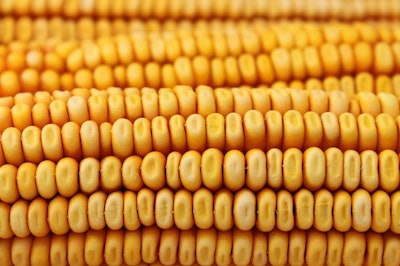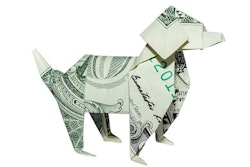
Pet food may become ensnared in another trade war. Though a few days after the U.S. government threatened to impose tariffs on all Mexican imports, both countries finally reached an agreement, the tariff threat is still alive.
The tariff ultimatum initially foresaw a 5% import tax up to a permanent 25% tariff if Mexico does not do enough from the U.S. government’s perspective to stop the flow of Central Americans entering the U.S. illegally. The latest agreement includes the suspension of 5% tariffs on Mexican products, at least for 45 days. In this period, the Mexican government committed to delivering tangible results regarding the immigration issue.
Economists agree that tariffs not only affect Mexican exports, but imports, too, as trade is two-sided, including numerous products and raw inputs traded under the North American Free Trade Act (NAFTA).
How do tariffs impact the pet food market?
Mexico does not export any pet food products to the U.S. However, it imports around 38% of its annual corn consumption of 42.8 million metric tons, mostly from its neighbor to the north.
As the Mexican pet food industry largely depends on corn as a raw input, a relevant question is whether a future trade war would hinder the corn supply and, thus, the local pet food market. The Mexican pet food industry uses from 600,000 to 700,000 metric tons of corn every year, which represents a minimum portion of overall national corn consumption, so it is likely that the local pet food corn demand could be sourced elsewhere. However, given the nature of the corn market – its volatility, seasonal downturns, inherent risks and rivalry with other consumer industries – it is also likely that amid trade disputes, the local pet food market could be affected.
Moreover, if tariffs are placed, all agricultural products that both countries exchange would be eventually harmed.
Tariff threat is still alive
It is worth mentioning that the tariff threat alone impacted the value of the peso. Mexico imports nearly 50,000 tons of pet food from the U.S. every year. If the peso continues depreciating, it is possible that pet food imports also decrease.
The tariff menace was deactivated at least for some weeks as Mexico shows progress in reducing the flow of undocumented immigrants from Central America. It is hard to know how this story will unfold, but a trade war is harmful to both countries and causes a ripple effect on agricultural products and, ultimately, on pet food products.
















